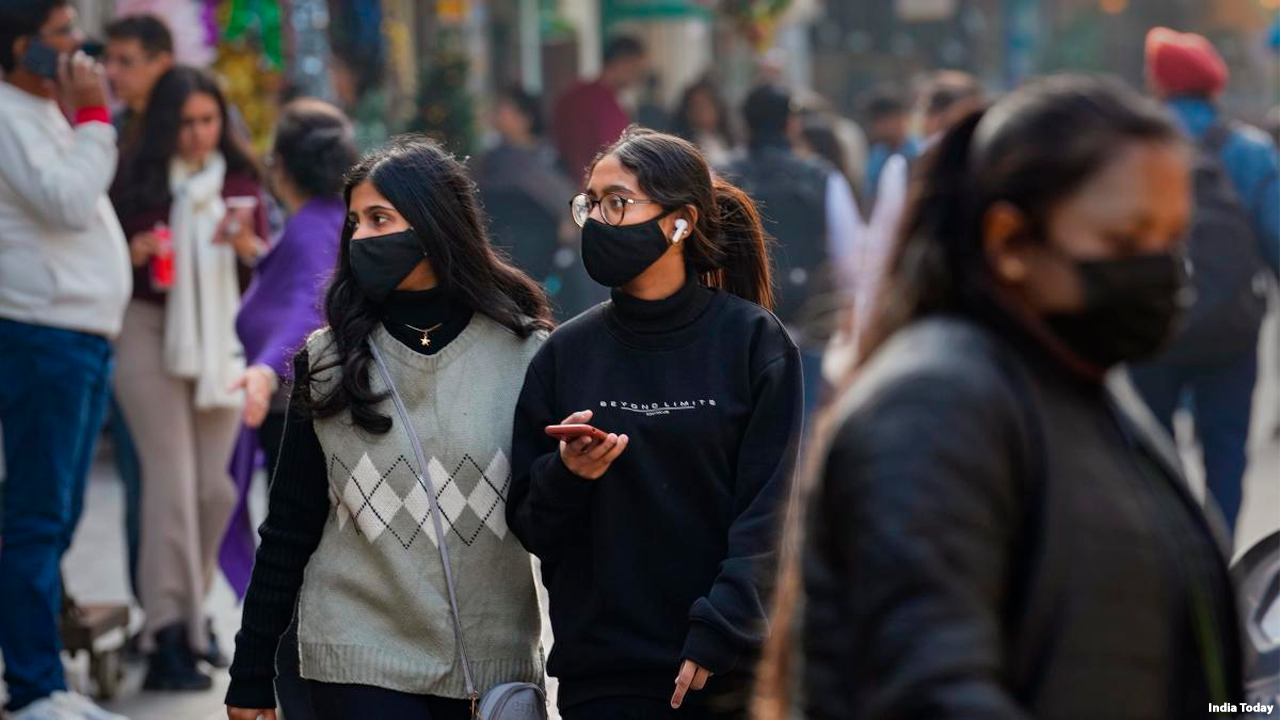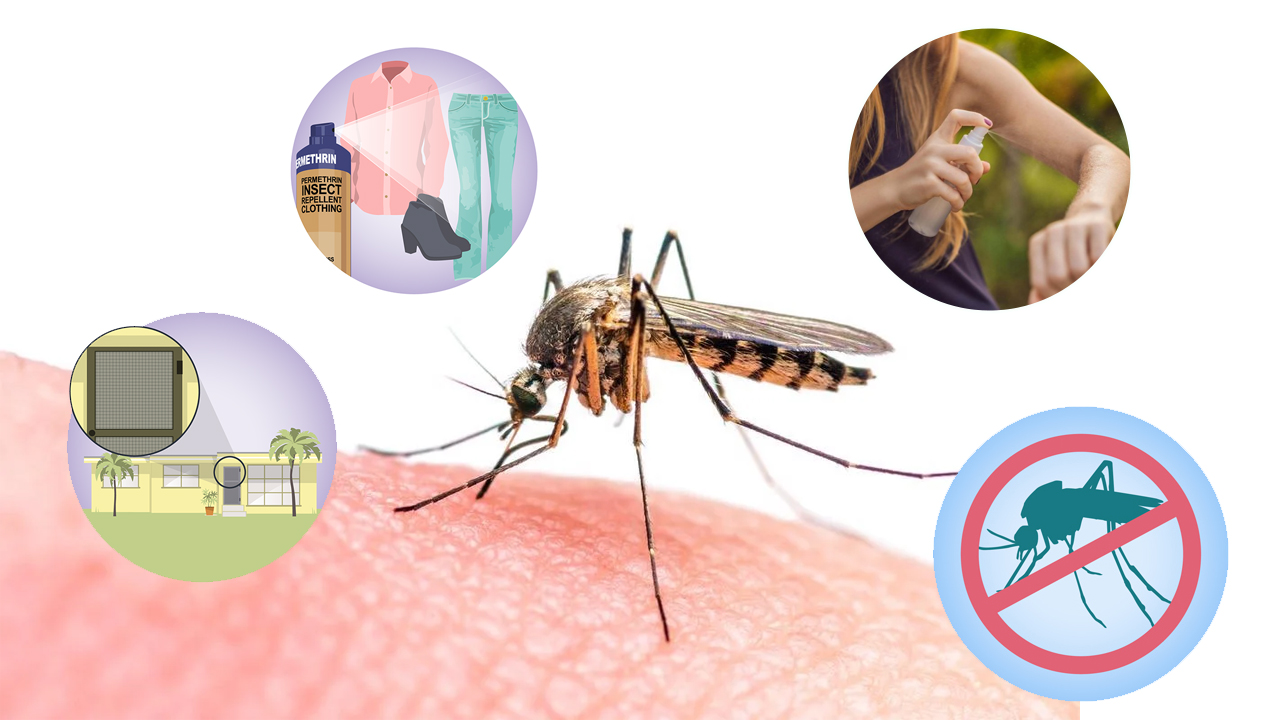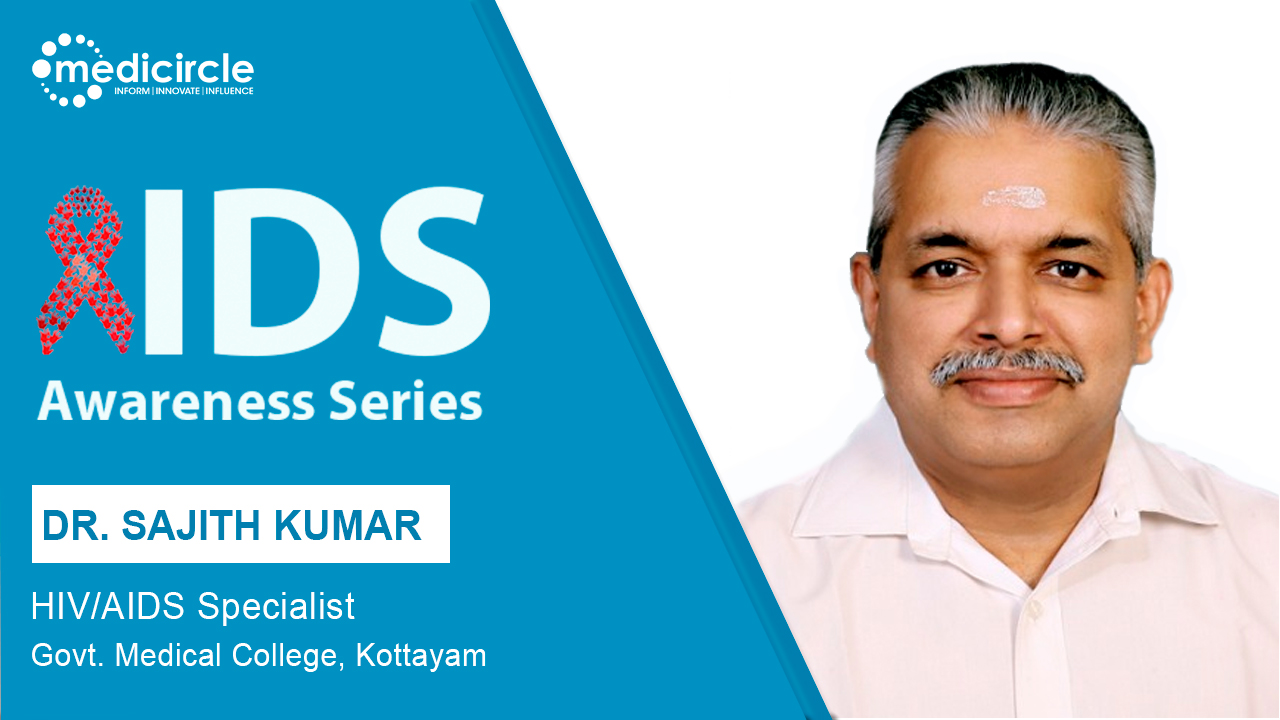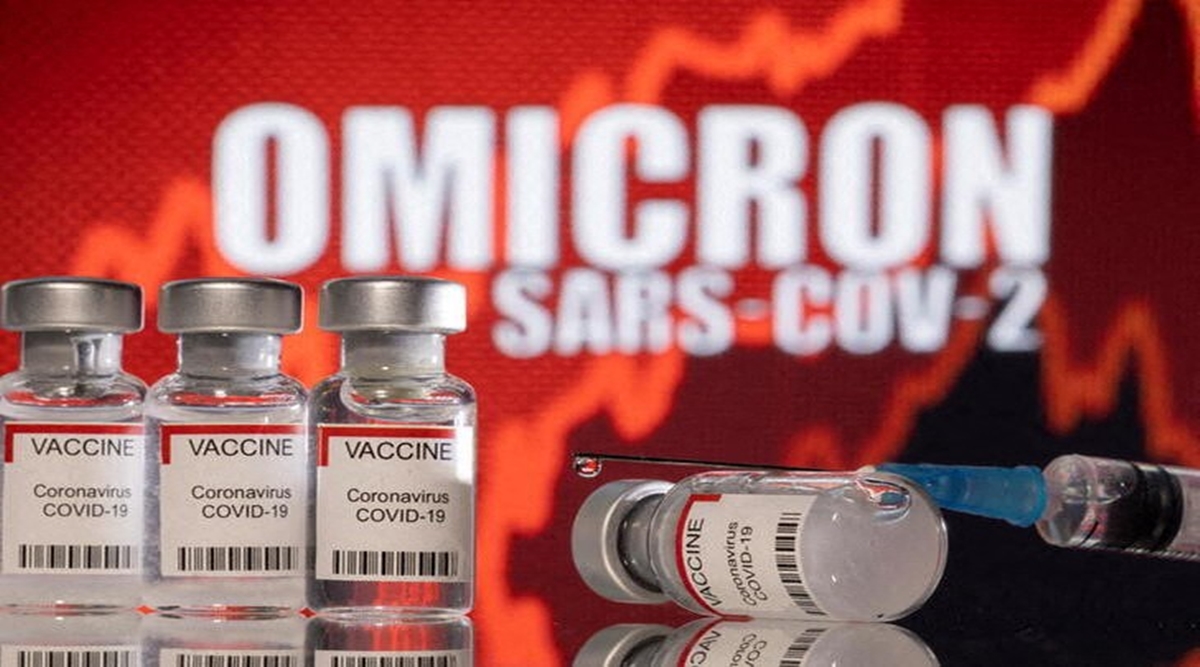The calm of a typical night at the Maharani Laxmibai Medical College in Jhansi was shattered on Friday as a devastating fire swept through the Neonatal Intensive Care Unit (NICU). This tragic incident resulted in the loss of at least ten newborns, with sixteen others injured. Amid the chaos, the swift response of rescue teams managed to save 37 infants, but the heartbreak left behind is immeasurable.
It was around 10:30 pm when the NICU’s electrical system suffered a short circuit, triggering a fire that spread quickly through the unit. The sparks ignited panic among hospital staff, parents, and rescue teams. The children who perished were in incubators at the time, a grim reminder of how vulnerable these little lives were in the face of such a disaster.
According to Additional Director General (ADG) Zone Kanpur, Alok Singh, all ten deceased infants were inside the NICU when the fire broke out. Of the 47 babies admitted to the ward, nearly half faced life-threatening danger in mere moments.
The Jhansi District Magistrate described the horrifying scene, explaining, “The fire occurred due to a short circuit in the NICU unit. While many children outside the unit were spared, the situation inside was catastrophic. Rescue teams and fire brigade personnel arrived swiftly, saving several children, but we couldn’t save all of them.”
The aftermath of the fire was heart-wrenching. Parents clung to hope as rescue teams fought to save their newborns. For some, hope turned to despair as news of their child’s passing was confirmed. The surviving infants, many critically injured, are now under intensive care, fighting for their lives.
The tragedy is a stark reminder of how crucial it is for hospitals to maintain strict safety standards, particularly in critical care units like the NICU. Electrical systems, especially in facilities housing vulnerable patients, must be meticulously inspected and maintained.
Chief Minister Yogi Adityanath expressed deep sorrow over the incident, offering condolences to the grieving families and urging swift relief efforts. His message on social media reflected the gravity of the situation:
“The death of children in the NICU of the medical college in Jhansi is extremely sad and heartbreaking. The district administration has been instructed to carry out relief operations on a war footing. I pray for the salvation of the departed souls and the speedy recovery of the injured.”
Following his directive, Deputy Chief Minister Brajesh Pathak and the Principal Secretary for Health were dispatched to Jhansi to oversee the situation and ensure adequate care for the survivors. The Chief Minister also ordered an immediate investigation into the incident, demanding a detailed report within 12 hours. Fire brigade teams worked tirelessly to extinguish the blaze and retrieve as many infants as possible from the smoke-filled NICU. Hospital staff risked their lives, rushing into the fire to save the children.
Medical teams are now providing intensive care to the injured, ensuring every possible measure is taken to stabilize their condition. Officials confirmed that efforts to save the remaining critically injured infants are ongoing, with medical resources being mobilized on an urgent basis.
While the immediate focus remains on relief and rescue efforts, the incident has sparked a larger conversation about hospital safety. This tragedy exposes the need for stringent fire safety protocols in medical institutions. The NICU is a sanctuary for fragile lives, and its infrastructure must reflect that level of care and protection.
Electrical short circuits, though unpredictable, are preventable with regular maintenance and thorough inspections. Hospitals must prioritize the safety of their patients, particularly in high-risk units. The state government’s swift action in ordering an investigation is a crucial step in understanding what went wrong and preventing such tragedies in the future.
The community in Jhansi is mourning the lives lost in the fire. Parents who had placed their trust in the hospital’s care are now grappling with unimaginable pain. Yet, amidst the sorrow, there is also gratitude for the lives saved by the rescue teams.
Many parents of the surviving infants are hopeful, clinging to the possibility of recovery for their children. Their courage and resilience in the face of this tragedy are a testament to the human spirit.
This heartbreaking incident highlights the urgent need for reforms in hospital safety measures. Hospitals must adopt comprehensive risk assessments, focusing on critical units like the NICU. Regular audits of electrical systems, installation of fire suppression mechanisms, and staff training in emergency response are essential steps to ensure such a tragedy does not recur.
Additionally, the state government must enforce stricter compliance with fire safety regulations across all medical facilities. This includes penalties for non-compliance and incentives for hospitals that demonstrate exemplary safety standards.
As Jhansi mourns its loss, the tragedy serves as a wake-up call for the entire healthcare system. Protecting vulnerable lives requires not just medical expertise but also an unwavering commitment to safety. The incident at Maharani Laxmibai Medical College must be a turning point in how hospitals approach fire safety.
The government’s investigation into the fire will provide answers, but it must also lead to actionable reforms. The focus should be on creating an environment where such tragedies are not just rare but impossible.
The ten infants who lost their lives in this tragedy will never be forgotten. Their memory must drive change—ensuring that every NICU, in every hospital, becomes a fortress of safety for the newborns it shelters.
While the families of the deceased struggle with their loss, the best tribute to their memory is a commitment to building a safer future for all. The sorrow of today must pave the way for a more secure tomorrow.
The fire in Jhansi’s NICU is a sad reminder of how fragile life can be and the responsibility that medical institutions bear in safeguarding it. While no words can ease the pain of the families affected, this tragedy must not be in vain.
It is time for a collective effort from government officials, hospital administrators, and the community to prioritize safety, implement reforms, and ensure that every child receives the care and protection they deserve. Only then can we truly honour the innocent lives lost in this heart-breaking incident.
.png)
 The fire in Jhansi’s NICU is a sad reminder of how fragile life can be and the responsibility that medical institutions bear in safeguarding it.
The fire in Jhansi’s NICU is a sad reminder of how fragile life can be and the responsibility that medical institutions bear in safeguarding it.



















.jpeg)

.jpeg)
.jpeg)

.jpeg)


.jpeg)



.jpeg)
.jpeg)
.jpeg)


.jpg)


.jpeg)
.jpeg)